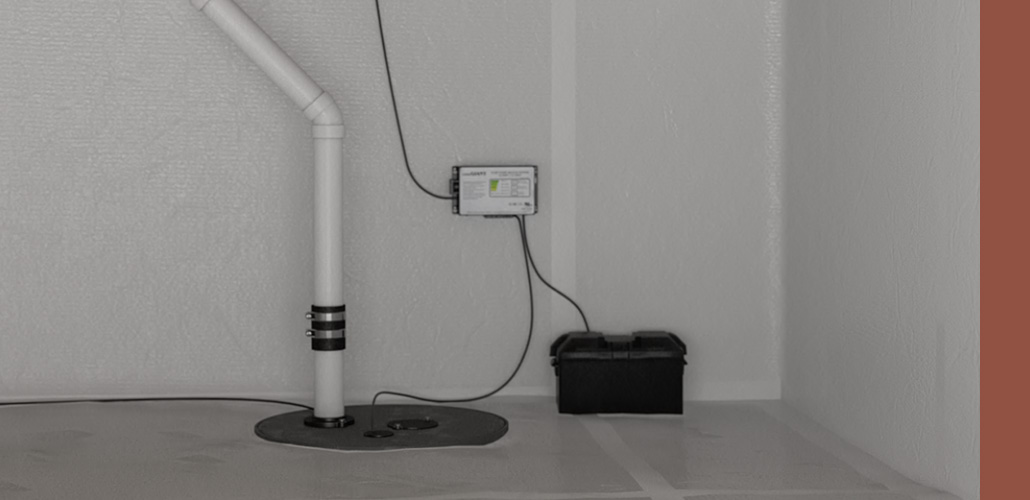Recognizing the Trick Elements of Effective Water Purification Equipments

Relevance of Water Purification Solution
Water filtration systems play a critical function in guaranteeing accessibility to tidy and safe alcohol consumption water by properly eliminating pollutants and contaminants. These systems are necessary in dealing with the expanding worries over water quality and the prospective health dangers connected with eating polluted water. By utilizing different filtering mechanisms such as reverse osmosis, triggered carbon, and UV sterilization, water filtering systems can effectively remove unsafe substances like microorganisms, viruses, hefty metals, and chemicals from the water system.
Furthermore, water purification systems help to enhance the preference and odor of water by eliminating chlorine, sediments, and various other pollutants that can affect its high quality. Water Treatment. This improvement in water quality not only makes it a lot more tasty but also motivates people to consume alcohol an adequate amount of water daily, promoting much better hydration and total health
Kinds Of Filtration Parts

Physical filters are developed to physically strain out impurities from the water. These filters can be made from products like ceramic, carbon, and even sand, and they function by capturing fragments bigger than the filter's pores as water passes through.
Chemical filters use various chemical processes to eliminate pollutants from the water. Examples include turned on carbon filters, which adsorb contaminations, and turn around osmosis membrane layers, which make use of stress to different pollutants from the water.
Organic filters use living microorganisms like algae or germs to break down organic matter and pollutants in the water. These filters are typically utilized in wastewater treatment plants or natural water purification systems.
Understanding the different kinds of purification parts is vital for choosing the most suitable water filtration system for specific purification needs.
Function of Debris Filters
Debris filters play an important function in water filtration systems by effectively recording strong bits suspended in the water. These filters are typically the initial line of protection in a filtration system, removing bigger bits such as sand, silt, dirt, and corrosion prior to the water moves via finer purification stages. By capturing these debris, the filters prevent them from getting to downstream elements, thus expanding the life-span and effectiveness of the whole system.
Neglecting this maintenance can lead to obstructing, reduced water flow, and endangered purification efficiency. Generally, debris filters are essential elements that add significantly to the efficiency of water filtering systems.
Duty of Activated Carbon Filters
Playing an important function in water filtering systems, triggered carbon filters are important in removing impurities and contaminants from the water supply. As water passes via the filter, the turned on carbon holds and brings in onto the contaminations, making sure that the water that comes out on the other side is cleaner and safer for consumption.
Activated carbon filters are very effective at enhancing the taste and smell of water by see this website decreasing chemicals that can influence its quality. Due to their convenience and dependability, turned on carbon filters are a crucial part in making sure that water is purified to the greatest criteria before getting to consumers.
Recognizing Reverse Osmosis Systems
Reverse osmosis systems are innovative water filtration systems that use a sophisticated procedure to get rid of contaminants and contaminations from drinking water. These systems work by using stress to the water, forcing it with a semi-permeable membrane layer. This membrane acts as an obstacle, permitting just distilled water molecules to pass through, while obstructing bigger molecules such as minerals, chemicals, and other pollutants. Consequently, the water that comes out beyond is substantially cleaner and more secure for consumption.
One trick benefit of reverse osmosis systems is their ability to remove a large range of impurities, consisting of hefty steels, liquified bacteria, viruses, and article solids. This makes them highly effective in improving the overall quality and safety of drinking water. In addition, reverse osmosis systems are reasonably low-maintenance and can be mounted under the sink or in a main purification system, offering hassle-free access to clean water throughout the home. Overall, understanding just how reverse osmosis systems function can aid people make notified decisions about their water purification demands.
Conclusion
Finally, reliable water filtering systems are important for guaranteeing safe and tidy drinking water. The vital elements of these systems include debris filters, activated carbon filters, and turn around osmosis systems. By comprehending the function and duty of each component, people can make informed choices when selecting a water purification system. It is necessary to focus on the high quality of water in order to advertise general wellness and wellness.
Water purification systems play a critical function in making certain Extra resources access to tidy and secure alcohol consumption water by effectively eliminating impurities and pollutants. By making use of various filtration systems such as reverse osmosis, turned on carbon, and UV sanitation, water purification systems can efficiently get rid of damaging compounds like germs, viruses, heavy metals, and chemicals from the water supply.
Sediment filters play a critical role in water filtering systems by successfully recording strong fragments suspended in the water (Pump repairs & installation).Playing an important function in water filtering systems, turned on carbon filters are crucial in getting rid of contaminations and impurities from the water supply.Reverse osmosis systems are innovative water purification systems that use an innovative procedure to remove contaminants and impurities from drinking water